MELANIE AYRE CSIRO
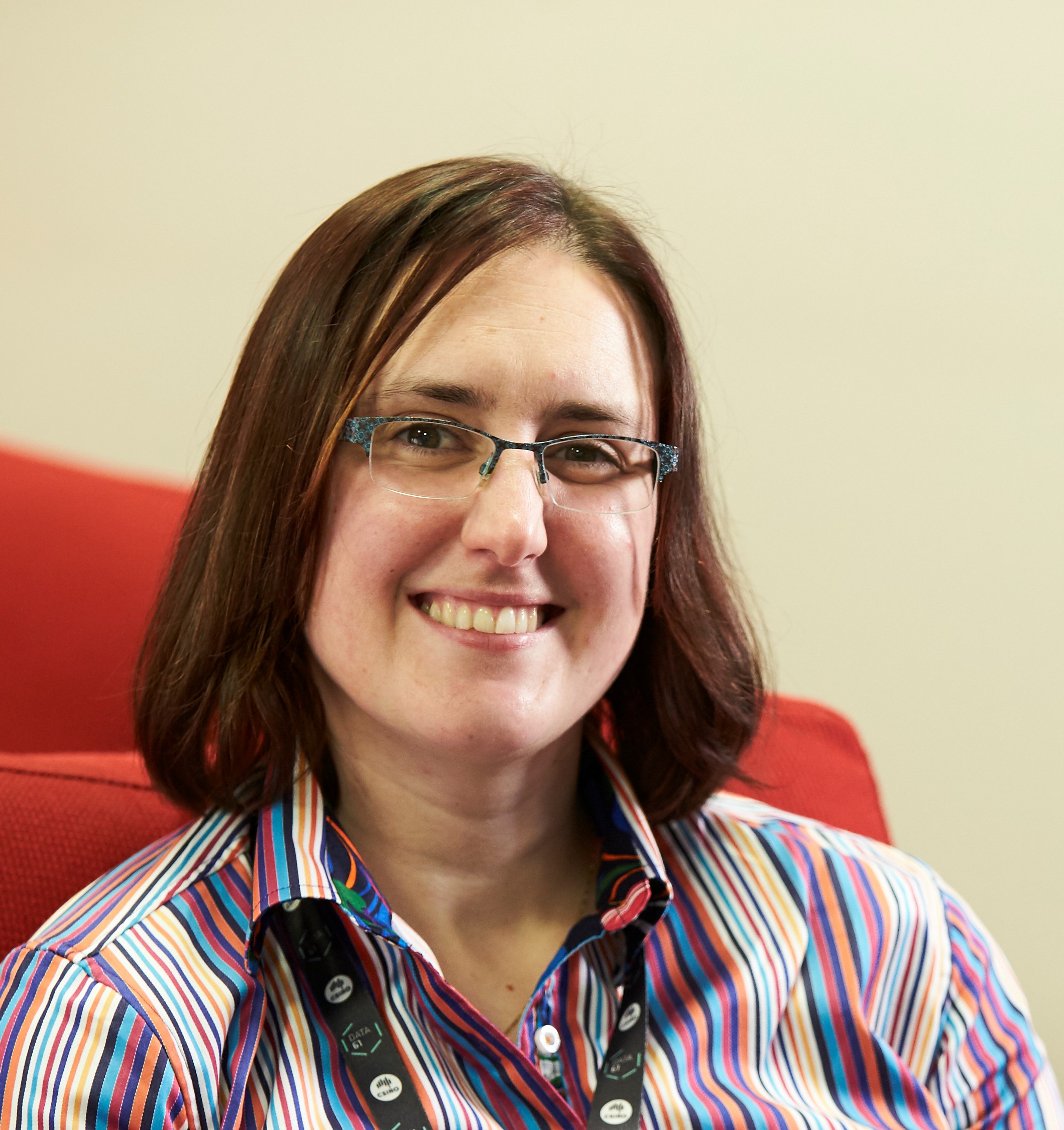
Melanie Ayre is a research consultant specialising in the interaction between people and information systems, or how to translate digital systems designed by researchers into production use. She leads the Optimisation and Financial Risk Analytics research group in Data61’s Analytics and Decision Sciences program, who are scientists and engineers working in technologies that support decision-making under uncertainty, ranging from path analysis and diagnosis through combinatorial optimisation, real options and risk modelling. These are used in domains including finance, transport, manufacturing and mining.
Melanie is developing an interest in Industry 4.0 and the spread of Industry 4.0, again focussing on how businesses engage with this transition, and how technologists can make their solutions more accessible. This includes leading situational awareness projects, which combine planning, sense-making of conflicting real-time information, and rescheduling approaches to support decision-making in mixed manual and automated manufacturing build processes.
Melanie has led ASPIRE, research.csiro.au/aspire since its inception in 2013, which has been recognised by the United Nations Centre for Regional Development for its approach to working with local government and small to medium manufacturing and recycling businesses, to promote business sustainability through match-making around potential supply chains for waste material. As the project leader for ASPIRE, Melanie’s goal is to ensure the platform is as useful and useable as possible for its community, and as such increase its deployment and uptake across Australia.
Also as a founder member of the Network team, Melanie wanted to see what would happen if it was made easy for CSIRO scientists and engineers to discover capabilities they need, based on the evidence of what people have actually done rather than what they choose to write about themselves. See for yourself at network.csiro.au!
Earlier work in Operational Research involved significant expertise in data wrangling and developing visualisation approaches, largely for freight transportation projects.
Melanie has a degree in Electronics and Electrical Engineering from the University of Glasgow in the UK, and a PhD in Photonics from the University of St Andrews, also in the UK.
Annette Berriman Australian National University
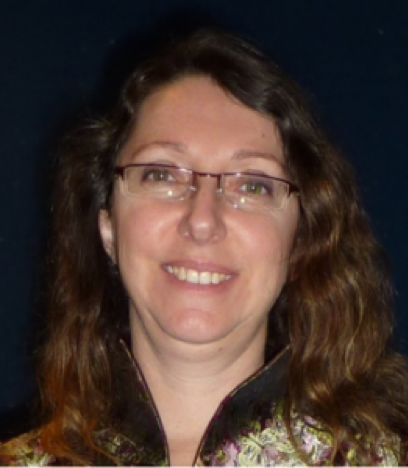
Dr Annette Berriman is a Postdoctoral Fellow at the Department of Nuclear Physics at the Australian National University. She undertakes research on accelerator-based nuclear fusion and fission reactions.
Before joining the ANU, Annette had an extensive career focused on countering the proliferation of nuclear, chemical and biological weapons. She has worked in a variety of areas within the Australian Public Service, including intelligence, regulation, export controls and foreign policy. Annette has represented Australia at the international level, trained officials in foreign countries and provided advice to international bodies. She has helped develop policy options on non-proliferation and disarmament issues for the Australian Government.
Jodie Bradby Australian National University
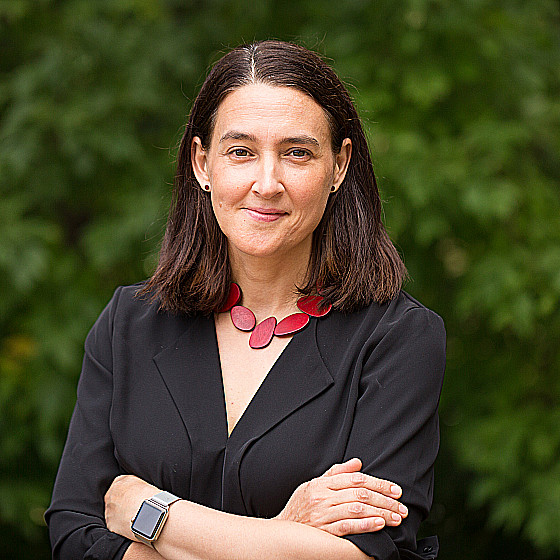
Jodie Bradby is a professor at the Research School of Physics and Engineering at the Australian National University where she leads a group on high pressure physics.
She is the current President of the Australian Institute of Physics.
She holds a B. Appl. Sci (Physics) from RMIT in Melbourne Australia and completed a PhD on ‘Nanoindentation-induced deformation of semiconductors’ at Australian National University in 2003. As a student Jodie was awarded a Gold in the Materials Research Societies’ Graduate Student competition in 2002 and is a past recipient of the Philips Cowley-Moodie Award for Australian Electron Microscopy. After completing her doctorate, Jodie was awarded a Sir Keith Murdoch American-Australian Education Fellowship which funded a project based at Case Western Reserve University in the USA. On her return to Australia, she commenced an Australian Research Council (ARC) Postdoctoral Fellowship and then an QEII fellowship followed by a Future Fellowship (2014-2017). She has held several ARC grants including Linkage Projects with a start-up company which was formed as a result of her doctoral work. She has published over 100 papers and three patents. In 2015 she was the Australian Institute of Physics, Women in Physics Lecturer.
Outside work hours Jodie enjoys spending time with her family, drinking coffee in cafes, traveling, walking, and reading the first few chapters of books. @jodiebradby
PENNY BROTHERS Australian National University
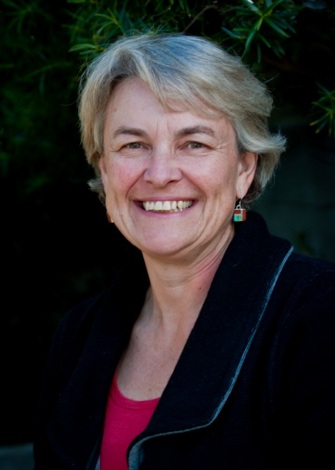
Professor Penny Brothers is a New Zealander educated at the University of Auckland and Stanford University. She joined the Research School of Chemistry at the Australian National University in early 2019. Prior to that she was in the School of Chemical Sciences at the University of Auckland since 1988 and has been a visiting professor at the Universities of California at Davis and at Berkeley, the Heidelberg, Münster, Burgundy, Peking University, the Arctic University of Norway and Los Alamos National Laboratory (as a Fulbright Senior Scholar). She is a Principal Investigator in the MacDiarmid Institute for Advanced Nanomaterials (NZ), on the Marsden Fund Council (NZ) and an Associate Editor of Chemical Communications. She served as President of the New Zealand Institute of Chemistry in 2017. She is currently investigating the chemistry of boron coordinated to porphyrin and corrole ligands, BODIPY fluorophores for sugar recognition and surface patterning using molecular pentagons.
SAM BUNTING Aginic

Sam is a Lead Analyst at Aginic with a background in Mathematics and Public Health Management, and key focus areas including process optimisation and action orientated business analytics. His experience with public and private sector clients across diverse industries including government, health, telecommunications and commerce. Sam has been involved with optimisation programs within Commonwealth Departments, helping to develop analytic pipelines which provided foundations for collaborative insights.
Sam Butler Ontoit
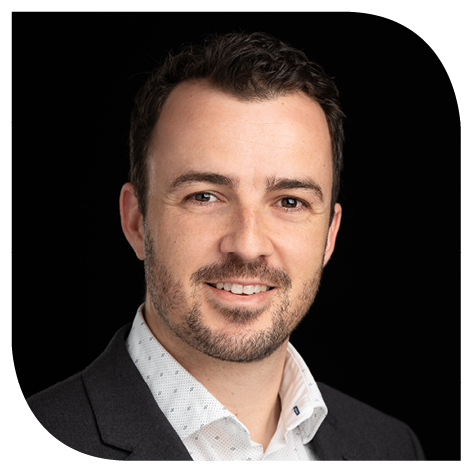
Sam is an experienced Project and Program Manager and is an AIPM Certified Practising Project Director (CPPD). Sam has managed and delivered a range of projects and programs over the past 10 years.
Most recently Sam was Aurecon’s National Operations Manager within the PMO of the $500M per annum National Defence Estate Works Program. This was an integral role in the Program, providing strong client and stakeholder engagement while driving performance optimisation and creating process efficiencies to deliver 500+ active concurrent building and infrastructure projects across all Defence sites within Australia.
Sam also has experience in IT and academic environments, having worked as a Project Manager for Fujitsu and in a project management and research capacity at the University of Colorado.
Sam holds a PhD in Applied Mathematics with experience in nonlinear waves and integrable systems. During this tenure in the US Sam managed a research project into the efficiency of photo-voltaic cells that was part of a national multidisciplinary research program.
PHOEBE CHEN La Trobe University
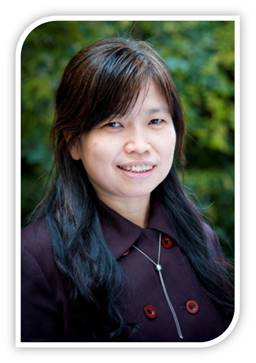
Professor Phoebe Chen is Professor and Chair at the Department of Computer Science and Information Technology, La Trobe University, Melbourne Australia. Prof Chen is the Chief Investigator of ARC Centre of Excellence in Bioinformatics. Phoebe received her BInfTech degree with First Class Honours and PhD in Computer Science (Bioinformatics) from the University of Queensland. She has been working in many emerging areas such as bioinformatics, multimedia, artificial intelligence, scientific visualization, pattern recognition, health informatics, data mining, deep learning and databases. She has published over 230 research papers. She is steering committee chair of Asia-Pacific Bioinformatics Conference (founder) and International conference on Multimedia Modelling. She has been on the program committees of over 100 international conferences, including top ranking conferences such as ICDE, ICPR, ISMB, CIKM etc.
Kaitlin Cook JSPS International Postdoctoral Fellow
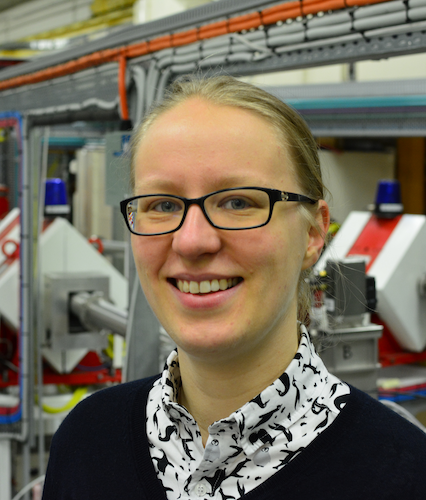
Kaitlin Cook is a nuclear physicist who studies the details of when, where and how atomic nuclei fall apart in nuclear collisions. She completed her PhD at the Australian National University in 2017. She has been a Postdoctoral Fellow at the Australian National University and until recently was a JSPS International Postdoctoral Fellow at the Tokyo Institute of Technology. She is currently a visiting fellow at the Australian National University, and will take up a position as Assistant Professor of Physics at the Facility for Rare Isotope Beams and Michigan State University in January.
MICHELLE COOTE Australian National University
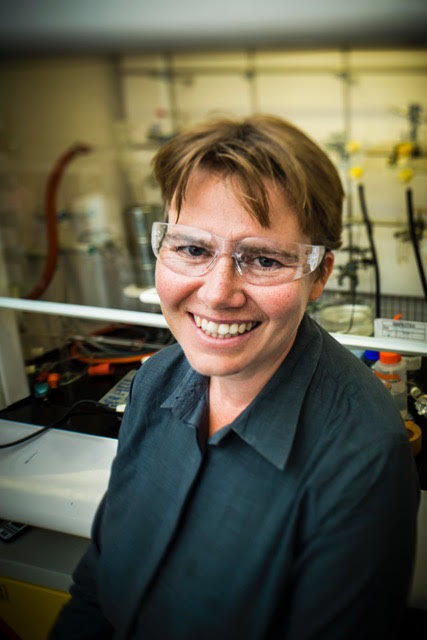
Professor Michelle Coote is a graduate of the University of New South Wales, where she completed a B.Sc. (Hons) in industrial chemistry (1995), followed by a Ph.D. in polymer chemistry (2000). Following postdoctoral work in polymer physics at the University of Durham, UK, she joined the Research School of Chemistry, Australian National University in 2001, initially as a postdoctoral fellow with Professor Leo Radom. She established her own research group in 2004 and was promoted to Professor in 2011. She has published extensively in the fields of polymer chemistry, organic chemistry and computational quantum chemistry, and is a member of the ARC Centre of Excellence for Electromaterials Science. She has received many awards including the 2001 IUPAC prize for young scientists, the RACI Cornforth medal (2000), Rennie medal (2006) David Sangster Polymer Science and Technology Achievement Award (2010) and HG Smith medal (2016), the Le Fevre Memorial Prize of the Australian Academy of Science (2010) and the Pople Medal of the Asia-Pacific Association for Theoretical and Computational Chemistry (2015). In 2014, she was elected to the Fellowship of the Australian Academy of Science, and in 2017 she was awarded a Georgina Sweet ARC Laureate Fellowship. She is also currently an Associate Editor of the Journal of the American Chemical Society.
Vince Craig Australian National University
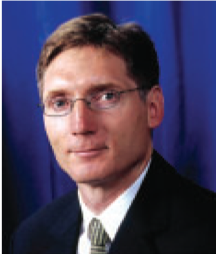
Prof. Vincent Craig ([email protected]) is a former co-chair of the ANU physics equity and diversity committee, a mentor, given advice on over 300 grant proposals and former head of the Department of Applied Maths.
He was a Director and Treasurer of the Australasian Colloid and Interface Society (ACIS) from 2013 to 2018 and in that time developed the equity policy and the events policy for the society. He is currently a member of the ACIS equity committee.
Vince leads the colloids group in the Department of Applied Mathematics at the Australian National University. He completed both his B.Sc. (Honours in Chemistry in 1992) and Ph.D. degrees (jointly in Applied Maths and Chemistry in 1997) at the ANU before postdoctoral positions at UC Davis, California and the University of Newcastle, NSW.
He was awarded an ARC Postdoctoral fellowship in 1998, an ARC Research Fellowship in 2001 and an ARC Future Fellowship in 2009. He has worked with Industry as a consultant, advisor and in the provision of research. His research interests include the measurement of surface forces both quasistatic and dynamic, adsorption of surfactants and polymers, specific ion effects and bubbles.
NANDA DASGUPTA Australian National University
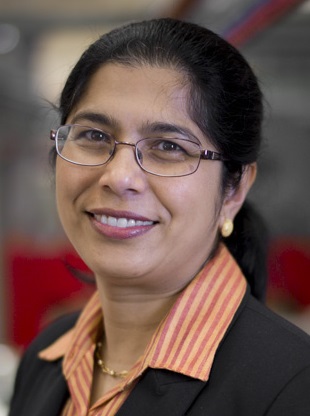
Professor Mahananda (Nanda) Dasgupta is an experimental physicist at the Australian National University. A Fellow of the Australian Academy of Science, Nanda is known internationally for her research on accelerator-based nuclear fusion and fission. Nanda completed her PhD in 1992 from the prestigious Tata Institute of Fundamental Research in Bombay (now Mumbai), India. She was awarded the Queen Elizabeth II Fellowship in 1998 by the Australian Research Council, and in 2004 she was the Australian Institute of Physics “Women in Physics” lecturer, undertaking a nation-wide lecture tour of Australia. In 2006, Nanda was awarded the Pawsey medal by the Australian Academy of Science for outstanding research in Physics in Australia by a scientist under 40 years of age. Nanda received the Australian Laureate Fellowship and the inaugural Georgina Sweet Award in 2011 from the Australian Research Council. She has served in many national and international committees, including the National Physics Committee of the Australian Academy of Science, Selection Committee for (Australian) Prime Minister’s Science Prizes, and the C12 committee of the International Union of Pure and Applied Physics (IUPAP). In 2017, Nanda together with Professor Nalini Joshi from the University of Sydney initiated and developed the Mentoring and Guidance in Careers Workshop for early career women and gender diverse researchers in sciences who are working in Australia. Following extremely positive feedback, it is now an annual workshop that explores the many facets of forging a career in science.
Jodie Evans Australian Safeguards and Non-Proliferation Office
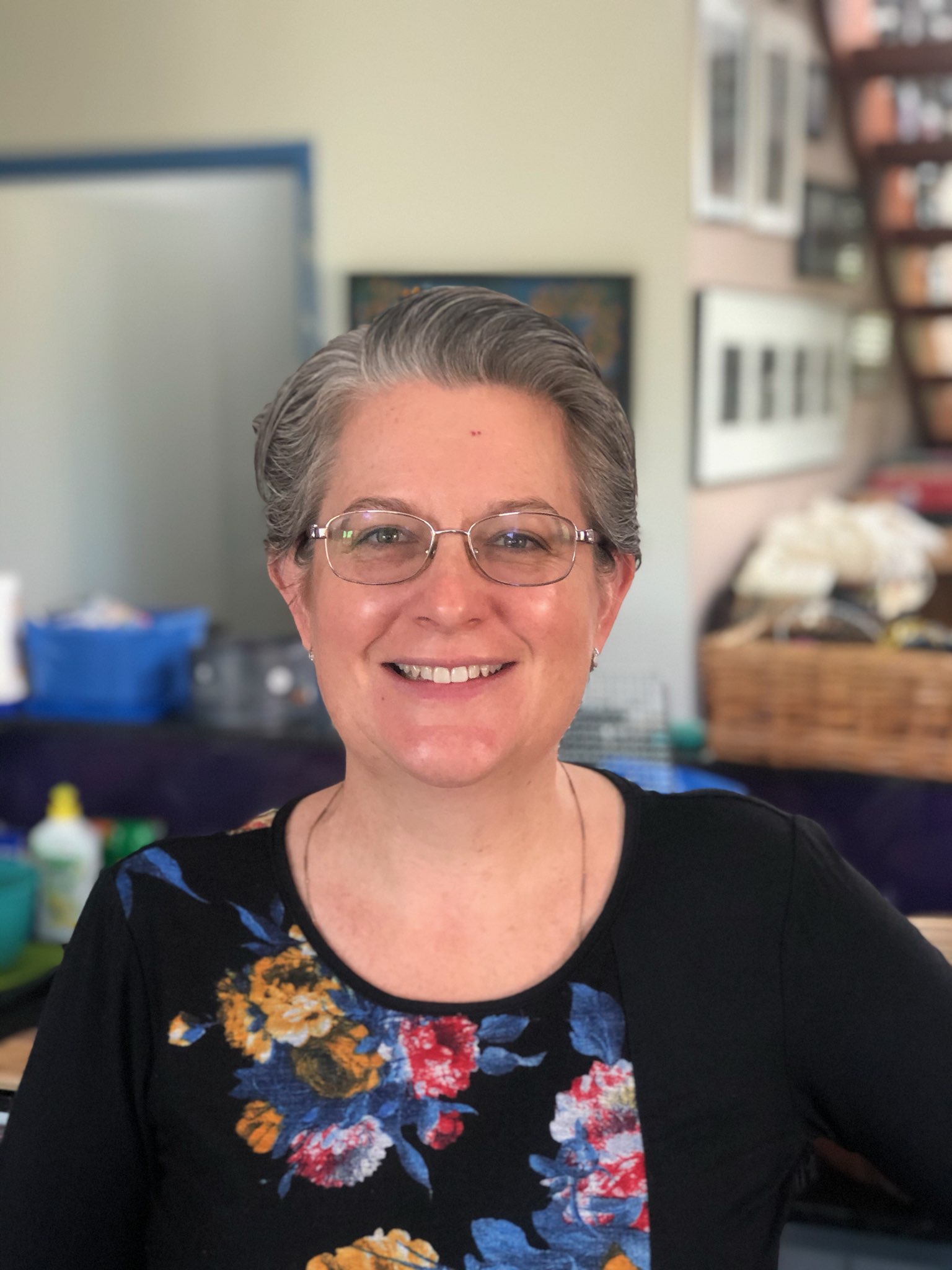
Dr Jodie Evans completed a Science degree (with Honours) from the Australian National University (ANU) in 1994. She then undertook a PhD at ANU, conducting research jointly between the Research School of Earth Sciences and the Department of Nuclear Physics. The majority of her thesis was written in the United States while at home with young children. Dr Evans graduated in 2001, shortly after returning to Australia.
In 2003, Dr Evans joined the Department of Defence and worked on nuclear counter-proliferation issues. In 2013, Dr Evans moved to the Australian Safeguards and Non-Proliferation Office (ASNO), within the Department of Foreign Affairs and Trade. Here, she worked in a small team implementing Australia’s network of 25 bilateral nuclear cooperation agreements ensuring nuclear material exported from Australia remains exclusively in peaceful use.
Dr Evans was promoted in 2017 to Assistant Director for Regulatory Systems in ASNO and now manages ASNO’s reporting requirements under its operating legalisation, corporate governance and the Australian Government’s deregulation agenda.
Simon Fielder Memjet
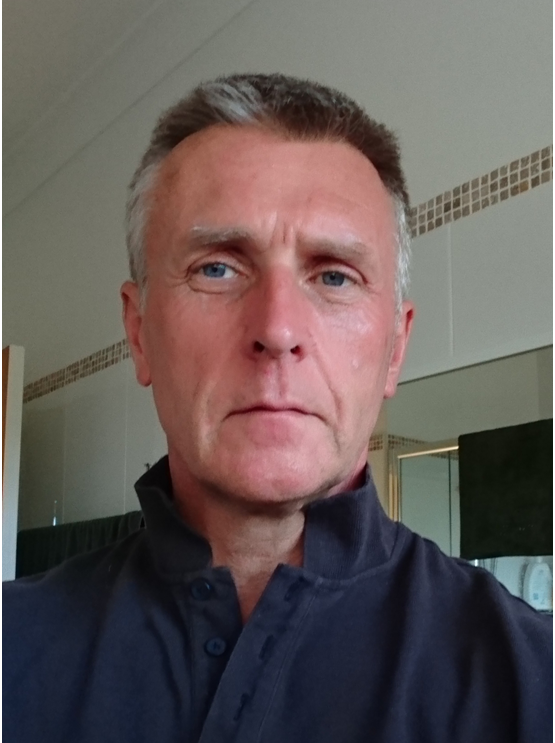
2012-present day, Principal Chemist, Memjet Australia. Sydney
2006- 2012, Principal Chemist, Silverbrook Research, Sydney.
2003- 2006, Senior Chemist, Silverbrook Research, Sydney.
1990-2003, Scientist, The Horticulture and Food Research Institute of New Zealand.
B.Sc. Hons., Chemistry, The University of East Anglia, UK. 1986
Ph.D. Synthetic Organic Chemistry, Massey University, NZ, 2000
Vicki Gardiner Medicines Australia
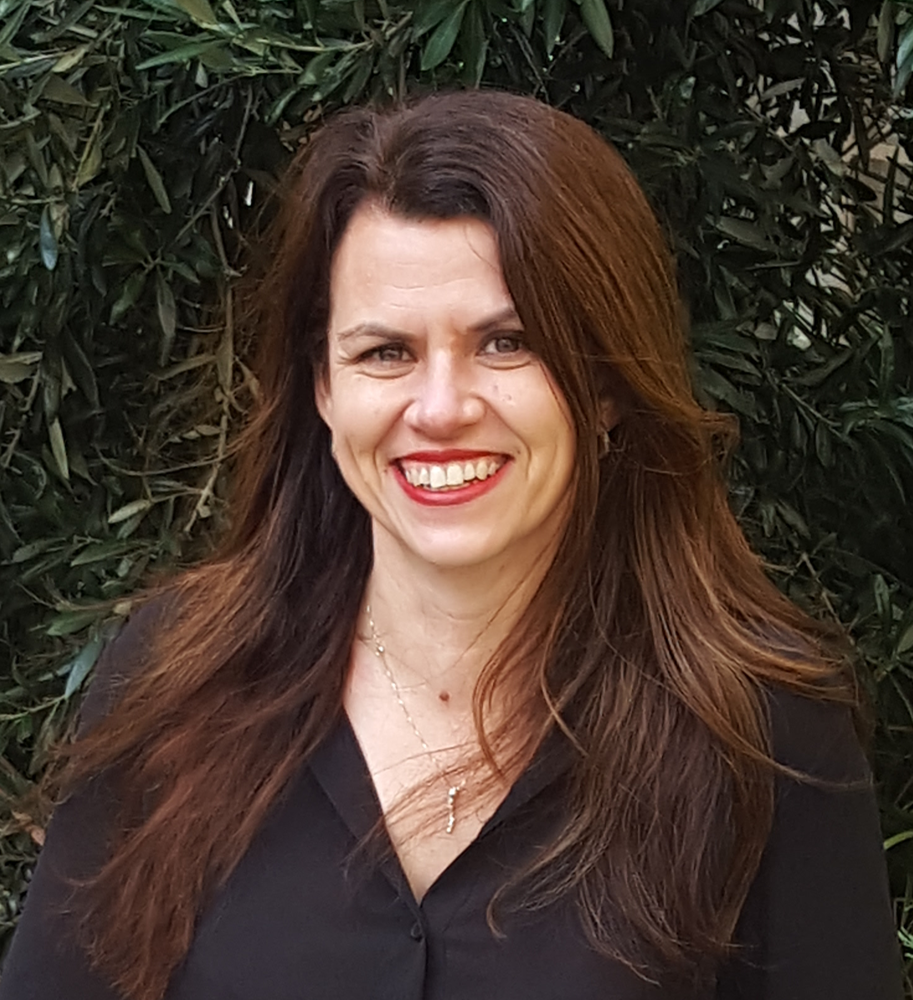
Dr Vicki Gardiner is the Director of Policy and Research at Medicines Australia. She is a chartered chemist with experience in education, business development, organisational excellence, research and development and stakeholder engagement. She has been a board director of a not-for-profit organisation as well as a member of many of its management committees and has held senior management positions in academia, government, SME and industry not-for-profits. She has also been a member of national advisory groups. Her contribution to the promotion of science was recognised in 2012 by the Royal Australian Chemical Institute, with special mention of demonstrated leadership in community awareness and educational outreach as the RACI National Convenor for the 2011 International Year of Chemistry.
She is a Member of the Australian Institute of Company Directors, Fellow of the Royal Australian Chemical Institute (RACI) and Companion and Engineering Executive of Engineers Australia. She is also the President and Chair of the Board of the Royal Australian Chemical Institute, and Board member of the ARRB Group, Australia’s national transport research organization.
Vicki is currently part of the taskforce for establishing the Federation of Commonwealth Chemical Societies and is the Chair of the Scientific Organising Committee for the inaugural Commonwealth Chemistry Congress to be held in Trinidad Tobago in 2020.
Over the past 20 years, Vicki has designed and managed government funded research, capital and skill development projects worth over $1 million. She has two patents and has published over 40 articles in international peer reviewed journals, industry and general interest publications.
Qualifications: BSc (Hons) University of New England, PhD Monash University, Grad Cert Bus Management (Project Management) (UNE)
MARY GARSON The University of Queensland
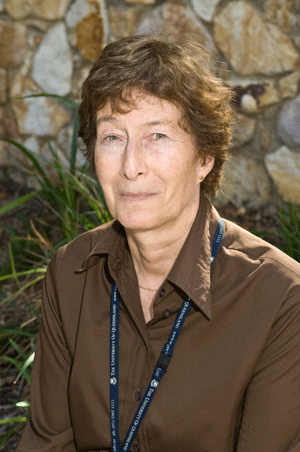
Professor Mary Garson was born in Rugby, England, and took a BA (Hons) degree from Newnham College, University of Cambridge in 1974. She obtained an MA in Natural Sciences and completed a PhD in organic chemistry from Cambridge in 1977.
She won a Royal Society postdoctoral fellowship after her PhD, undertaking research in Rome, Italy from 1977–1978. She then continued her research at New Hall (now Murray Edwards College) Cambridge on a college research fellowship from 1978–1981 before a brief period in industry as a medicinal chemist.
Professor Garson then won a Queen Elizabeth II Research Fellowship to work at James Cook University of North Queensland (1983–1986), and so emigrated to Australia. In Townsville, she undertook dive training before initiating field-based studies in marine chemistry on the Great Barrier Reef. Garson then took a teaching position as the first female academic in chemistry at the University of Wollongong before moving to the University of Queensland, again as the first female academic in chemistry, in 1990. She was promoted to Senior Lecturer in 1992 and Reader in 1998. She researches and publishes on the structure, biosynthesis and function of natural products from marine invertebrates and microorganisms. She also researches the chemistry of South East Asian medicinal plants.
She was promoted to Professor in the School of Chemistry and Molecular Biosciences in 2006, the first female Professor of Chemistry in Queensland. Awards and honours include:
- 2009 – Our Women, Our State (Queensland Government) – Highly Commended
- 2011 – Leighton Medal of the Royal Australian Chemical Institute, in recognition of her contributions and leadership to the chemistry community, within Australia and overseas.
- 2013 – Distinguished Woman in Chemistry or Chemical Engineering Award of the International Union of Pure and Applied Chemistry (IUPAC).
- 2014 – Named as one of “175 Faces of Chemistry” by the Royal Society of Chemistry, UK
- 2017 –Inaugural “Margaret Sheil Women in Chemistry Leadership” award of the Royal Australian Chemical Institute
- 2019 – Member of the Order of Australia (AM) in the Australia Day Honours list for “significant service to education, particularly to organic chemistry, and as an advocate for women in science”.
A species of marine flatworm discovered at Heron Island is named as Maritigrella marygarsonae.
Will Grant Centre for the Public Awareness of Science
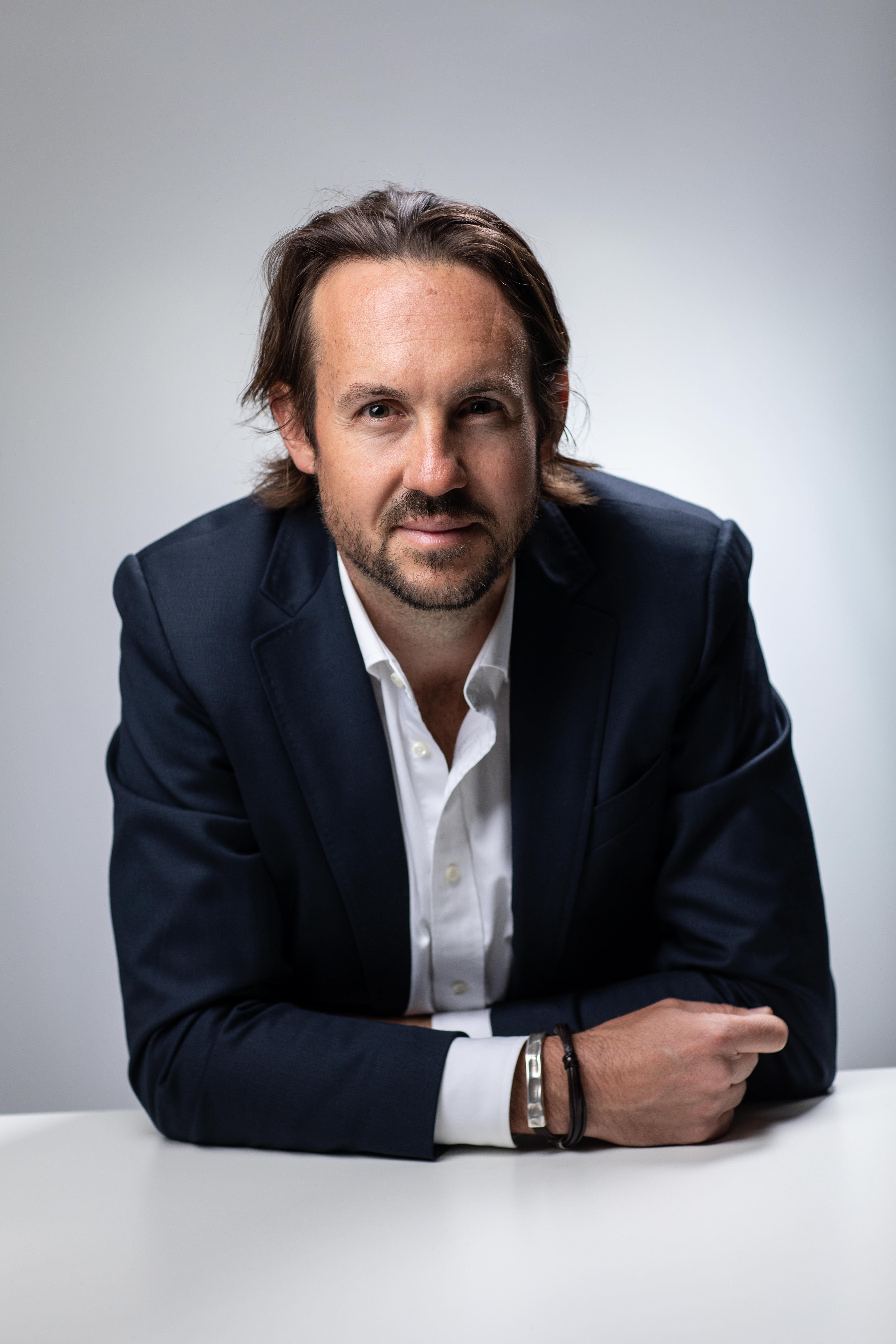
Dr Will Grant is Senior Lecturer in Science Communication at the Australian National Centre for the Public Awareness of Science at ANU. Awarded for his public policy and outreach work, Will has authored or co-authored dozens of works in various scholarly outlets (including Public Understanding of Science, Environmental Communication, Computers in Human Behaviour, Scientometrics and Higher Education Policy), and written many commissioned and pitched articles and opinion pieces in high impact public facing outlets (including The Guardian, The Sydney Morning Herald, The Australian, The Conversation, Times Higher Education, The Canberra Times, The Brisbane Times, Crikey, The Drum, Climate Spectator and ABC Environment). Most of his writing has focused on the interaction of science, politics and technology. He is co-founder of the researcher employment service PostAc.
Will is regularly heard on Radio National discussing science for Research Filter and Nightlife, as well as podcasting in The Wholesome Show and G’day Patriots, both of which have charted in the Australian iTunes top 50. Will has held science communication workshops for a range of Australia’s leading science organisations, including Universities Australia, Science and Technology Australia and the Australian Academy of Science, as well has various universities and research institutes, government departments and scientific societies around the country. He tweets at @willozap.
Anne Green The University of Sydney
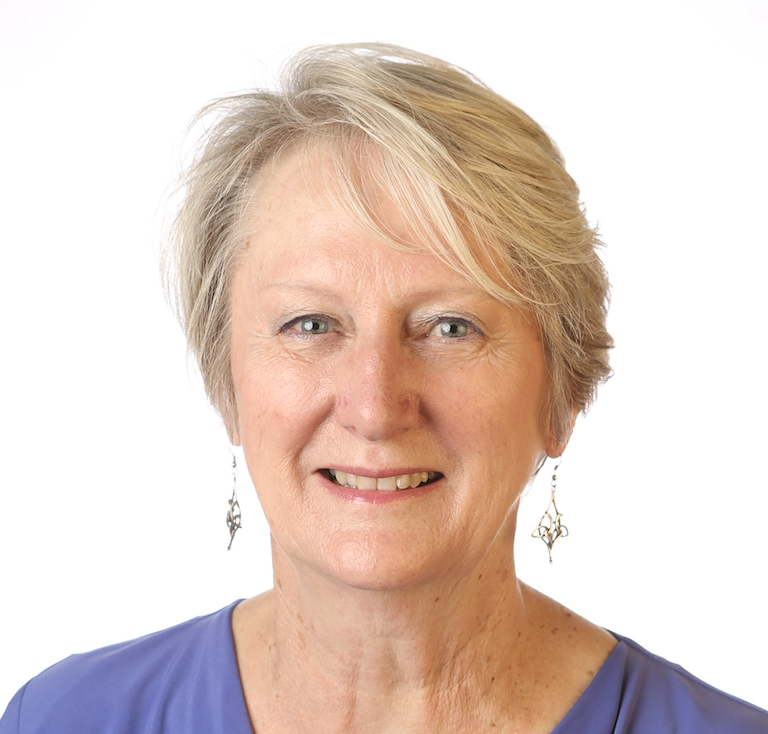
Anne Green is Emeritus Professor at the University of Sydney. Her research career spans 30 years in radio astronomy, studying the structure and ecology of the Milky Way Galaxy and its constituents. She is a graduate from both Melbourne and Sydney Universities and was an Alexander von Humboldt Fellow. Following a 15-year career hiatus, she joined Sydney University where she was Director of the Molonglo Telescope, the first female Head of the School of Physics and is now President of the Physics Foundation. Previously, she was President of the Astronomical Society of Australia, Chair of Astronomy Australia Ltd and inaugural co-Chair of the Women in Astronomy Working Group of the International Astronomical Union. She is a Fellow of the Academy of Technology & Engineering, the Australian Institute of Physics and the Astronomical Society of Australia, who recently established the Anne Green Prize for mid-career scientific achievement.
Nalini Joshi The University of Sydney
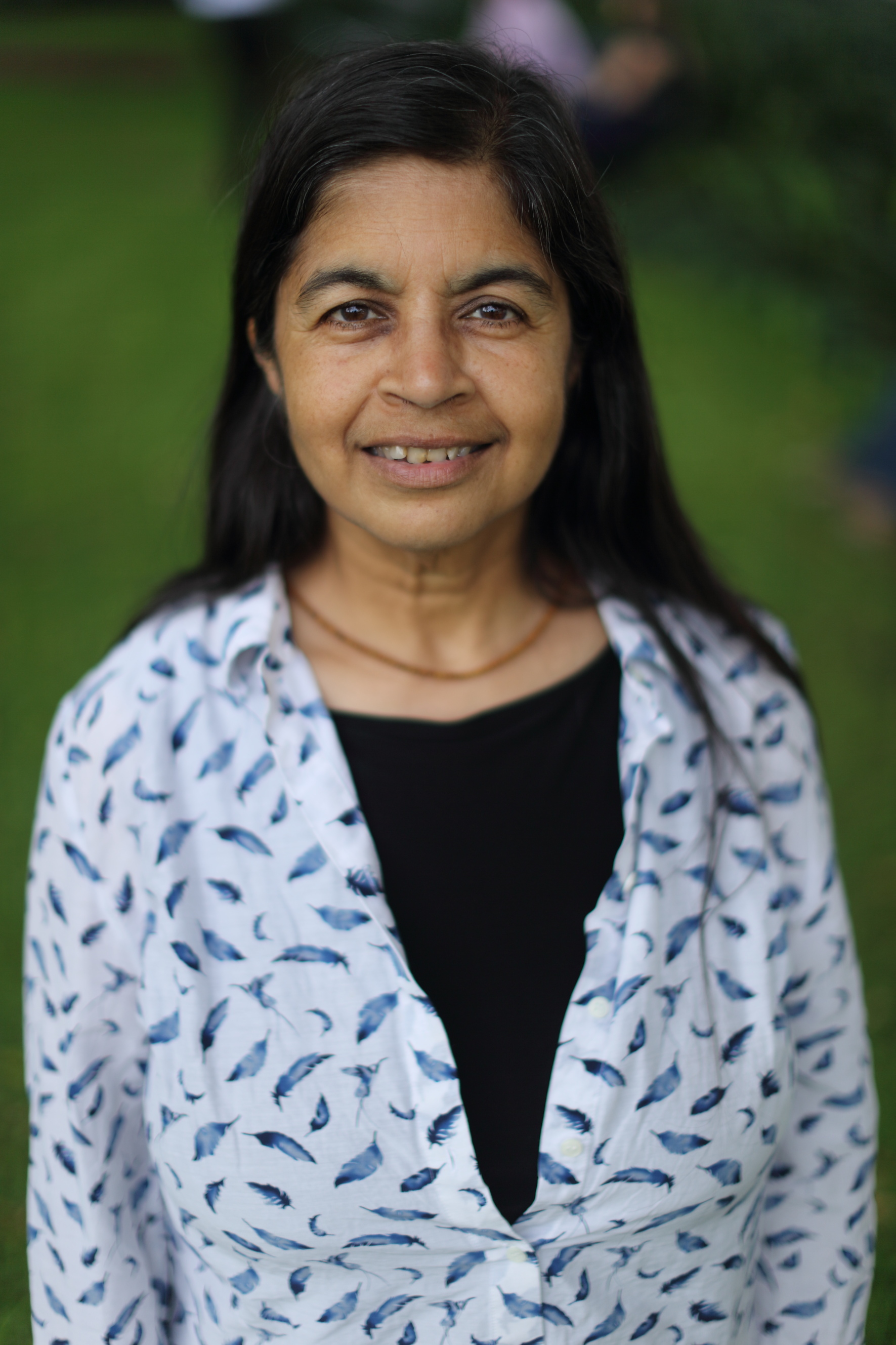
Payne-Scott Professor Nalini Joshi AO is Chair of Applied Mathematics at the University of Sydney, and an ARC Georgina Sweet Australian Laureate Fellow.
Professor Joshi was born and spent her early childhood in Burma, before her family emigrated to Australia. She was awarded a BSc (Hons), with the University Medal in applied mathematics by the University of Sydney and then a Masters and a PhD by Princeton University, USA.
Professor Joshi was elected a Fellow of the Australian Academy of Science in May 2008, was an elected member of its Council during 2012-2015 and was Chair of the Academy’s National Committee for Mathematical Sciences during 2011-2016. She was President of the Australian Mathematical Society during 2008-2010. In 2012, Professor Joshi was awarded an ARC Georgina Sweet Australian Laureate Fellowship.
In 2015, Professor Joshi was chosen as the London Mathematical Society’s 150th anniversary special Hardy fellow and lecturer; in 2016 Professor Joshi was a CBMS-NSF lecturer in the USA; and in the 2016 Queen’s Birthday honours, was appointed an Officer of the Order of Australia. In 2018 she was elected Vice-President of the International Mathematical Union, the first Australian mathematician to hold this position, and received the Eureka award for Outstanding Mentor of Young Researchers. Professor Joshi was recognised in the October 2019 NSW Premier’s Prizes for “Excellence in Mathematics, Earth Sciences, Chemistry or Physics”. @monsoon0
Deb Kane Macquarie University
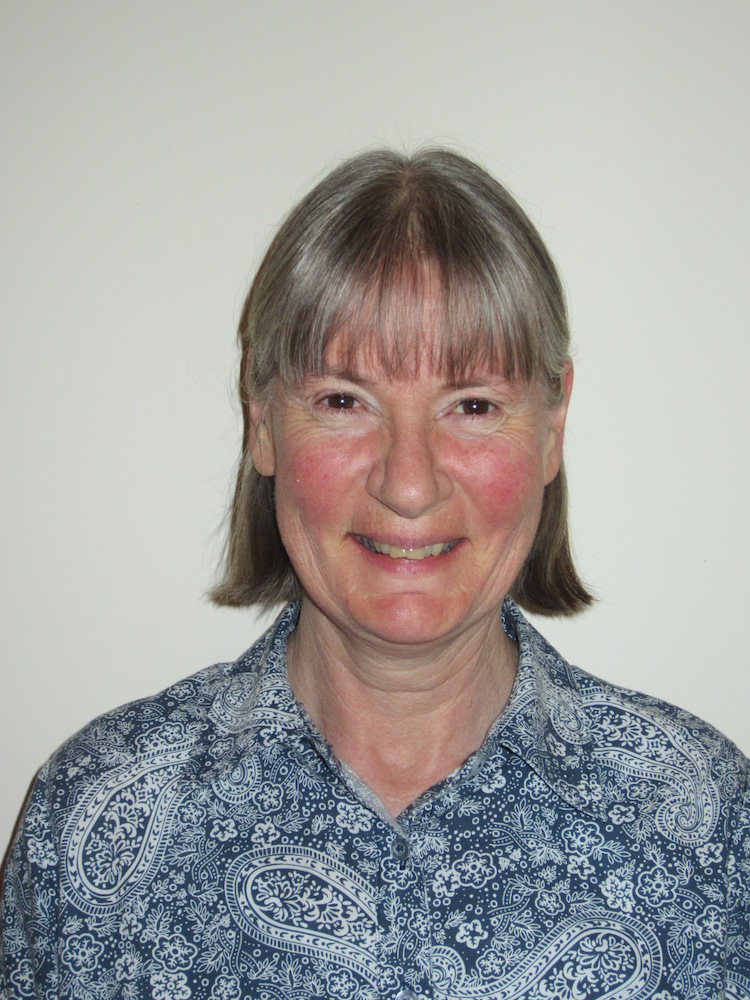
Professor Deb Kane holds a Personal Chair in Physics at Macquarie University, Sydney. She received a BSc(Hons) degree in physics from University of Otago, NZ, and her PhD degree from St Andrews University, Scotland. She is a teaching and research academic. Her current research interests include photonics dynamical systems, quantifying complexity, the optics and optical properties of certain spider webs and silks, quantitative microscopy and nanoscopy, and laser materials processing. She is a Fellow of the Optical Society. She was the AIP Women in Physics Lecturer and medallist in 2006. She chaired the IUPAP Commission on Laser Physics and Photonics (2015-2017). She is a member of the National Committee of Physics and the Management Committee of the Australian Nanotechnology Network, and is the current Accreditation Manager of the AIP.
Hugh Kearns ThinkWell
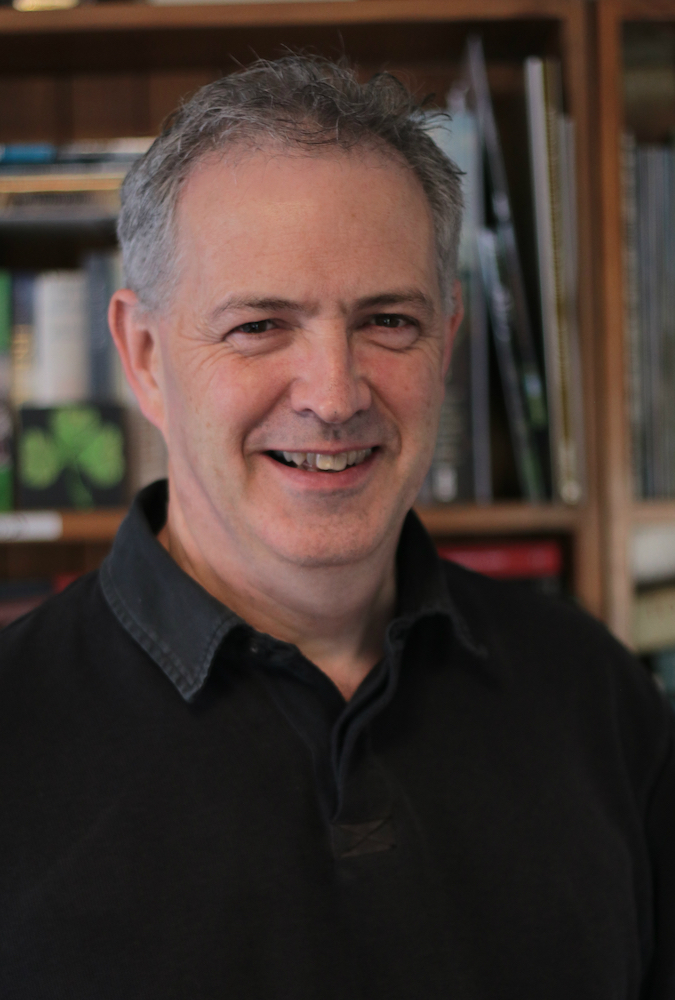
Hugh Kearns is recognised internationally as a public speaker, educator and researcher. He regularly lectures at universities across the world and has recently returned from lecture tours of the UK and the US which included lectures at Oxford, Cambridge, Harvard, Berkeley and Stanford.
His areas of expertise include self-management, positive psychology, work-life balance, learning and creativity. He draws on over twenty five years of experience as a leading training and development professional within the corporate, financial, education and health sectors in Ireland, Scotland, North America, New Zealand and Australia. He has coached individuals, teams and executives in a wide range of organisations in the public and private sectors.
Hugh lectures and researches at Flinders University, Adelaide, Australia. He is widely recognised for his ability to take the latest research in psychology and education and apply it to high-performing people and groups. As a co-author with Maria Gardiner, he has published ten books which are in high demand both in Australia and internationally.
LISA KEWLEY Australian National University
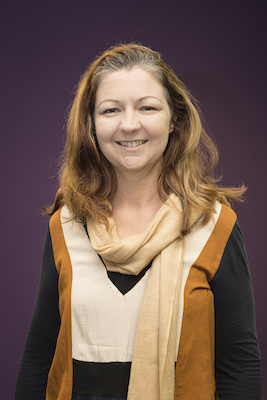
Lisa Jennifer Kewley is a Professor and Australian Research Council Laureate Fellow at the Australian National University. Kewley obtained her PhD in 2002 from the Australian National University on the connection between star-formation and supermassive black holes in galaxies. She was a Harvard-Smithsonian Center for Astrophysics Fellow and a NASA Hubble Fellow. Her awards include the 2006 American Astronomical Society Annie Jump Cannon Award, the 2008 American Astronomical Society Newton Lacy Pierce Prize, and the National Science Foundation Early CAREER Award. In 2014, Kewley was elected Fellow of the Australian Academy of Science “for her fundamental advances in understanding of the history of the universe, particularly star and galaxy formation”, and in 2015, Kewley was awarded an ARC Laureate Fellowship, Australia’s top fellowship to support excellence in research. Kewley is currently implementing her scientific vision through her Australian Research Council Centre of Excellence in All-Sky Astrophysics in 3D (ASTRO 3D). ASTRO 3D is combines Australia’s radio and optical ground-based telescopes with international 8-10m telescopes and world-wide super-computing facilities to understand the formation and evolution of matter, ionizing radiation, and chemical elements in the Universe.
Madhura Killedar
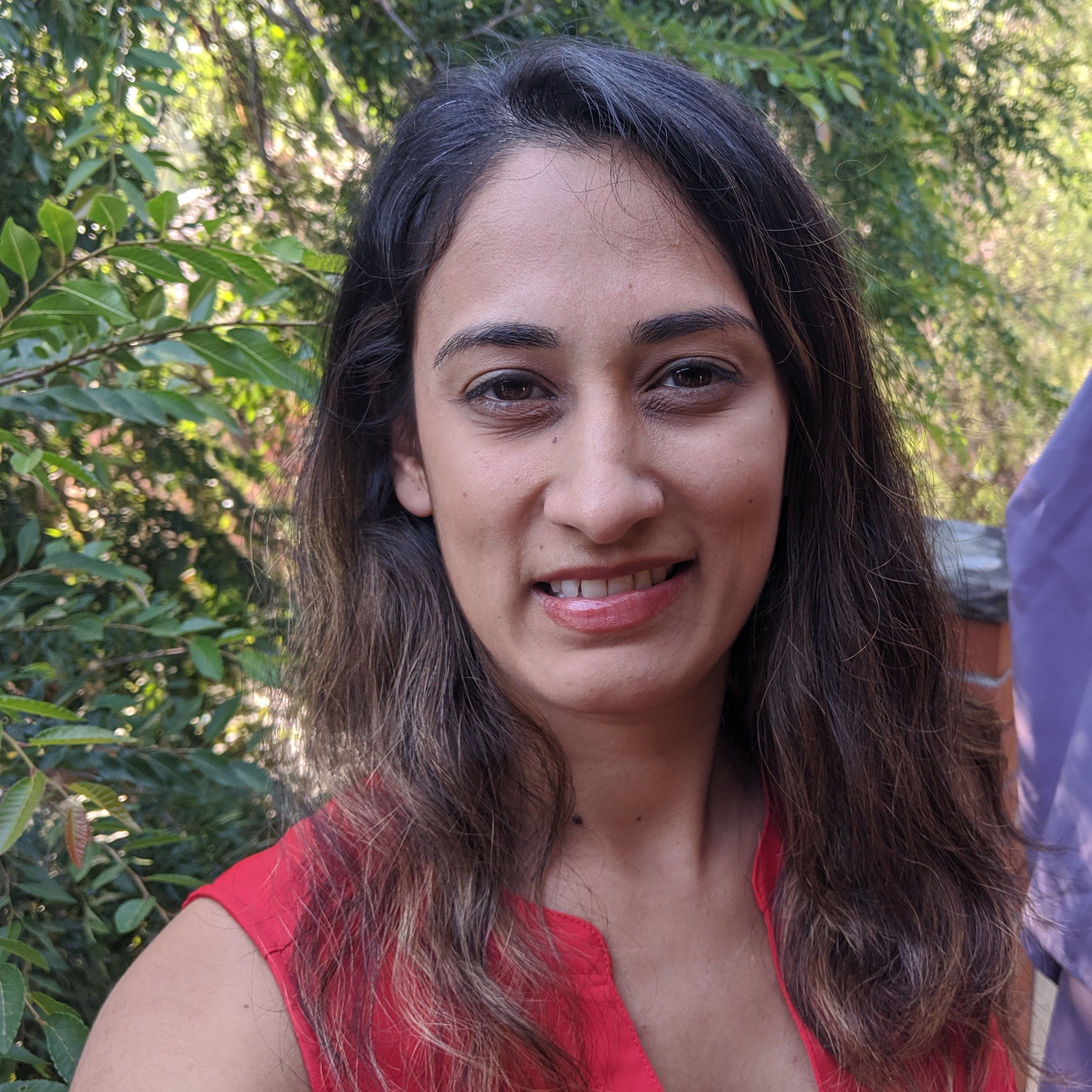
Dr Madhura Killedar is a data scientist with a background in astrophysics. She completed her PhD in physics at the University of Sydney in 2011 continuing on to postdoctoral research in gravitational lensing, cosmology and statistics at the University of Trieste (Italy) and University Sternwarte Muenchen (Germany) before a change in career. She has since worked at the Burnet Institute in epidemiology and child nutrition developing computational models for the World Bank with a focus on optimising population health outcomes and uncertainty quantification, and at the University of Sydney’s Informatics Hub providing analytical support for researchers, statistical consultation for graduate students, and running Python programming and machine learning workshops. @piccolomud
Kerry Landman The University of Melbourne
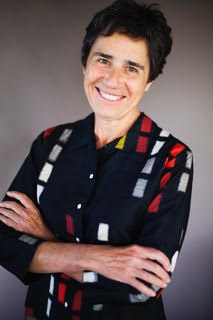
Kerry Landman obtained her PhD in mathematics from The University of Melbourne and then spent six years working in the USA, at the Massachusetts Institute of Technology, the Environmental Protection Agency and Southern Methodist University. She returned to Melbourne to join Siromath, a mathematical sciences consulting firm, before joining the University of Melbourne. She directed the Mathematics-in-Industry Study Group from 1993-1997. Kerry was promoted to Professor in the School of Mathematics and Statistics at the University of Melbourne in 2007, becoming the first female mathematics professor in the university’s history. Her research has been devoted to cross-disciplinary research and real-world problems. She has made crucial contributions to a range of fields, from colloidal fluid mechanics to developmental biology. In recognition of her career contribution to industrial and applied mathematics, in 2014 she was awarded the ANZIAM medal, the premier medal of the Australia and New Zealand Industrial and Applied Mathematics Society. In 2019 Kerry was elected Fellow of the Australian Academy of Science.
Cheryl Lim National Measurement Institute
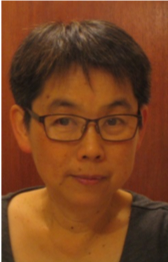
Cheryl graduated from ANU with a PhD in nuclear physics. She is presently Manager Strategic Engagement at the National Measurement Institute, and the leader of the Measurement Research program in CRC CARE, one of Australia’s longest-running Cooperative Research Centres. Her role encompasses a broad range of responsibilities, from oversight of major whole-of-organisation engagement and planning to research management. Prior to joining NMI, Cheryl was a Senior Principal Research Scientist and Capability Leader at CSIRO, working on the development of online analysis techniques for the mining industry. She is an author on several patents and has conducted various missions in Asia and Europe as an International Atomic Energy Agency Technical Expert.
Elynor Liu Aginic
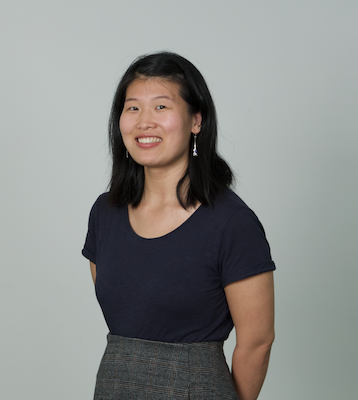
Applied mathematics PhD turned data consultant. I have been working in industry for a little over 6 months, and already learnt an invaluable amount. The transition is marked by a steep learning in software engineering. My current projects include skills such as Elasticsearch, PowerBI, Python and SQL.
Daniela Lopez Aginic

With a background as a science & maths teacher, small business owner and IT recruitment professional, Danni is responsible for HR and recruitment across Aginic, supporting the company’s rapid growth across Australia. Danni has a key focus on the attraction, selection and retention of talented professionals from a diverse range of backgrounds, including partnering with universities to provide internship programs and graduate opportunities. Danni is passionate about maintaining Aginic’s unique culture that supports career development for all Aginic employees in a fun, energetic and collaborative environment.
Sarah Maddison Swinburne University of Technology
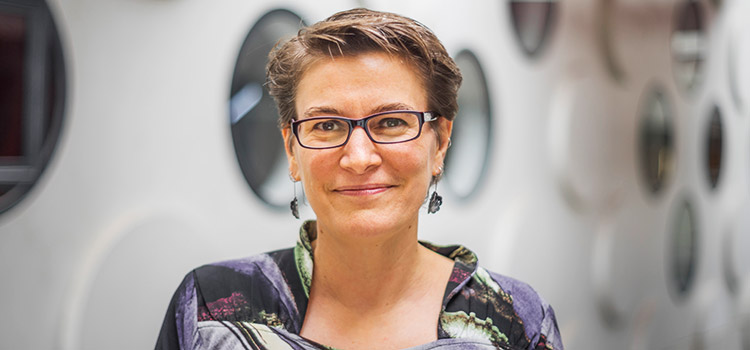
Prof Sarah Maddison is the Pro-Vice Chancellor (Academic Innovation & Change) at Swinburne University of Technology and a Professor of Astrophysics whose main area of interest is planet formation. Sarah supports the Future Ready Learners strategic initiatives and the learning ecosystem at Swinburne and oversees the Learning Transformations Unit and Student Engagement.
Her leadership positions at Swinburne have included: Deputy Director of the Centre for Astrophysics & Supercomputing, Dean of the School of Science, Chair of the Department of Physics & Astronomy, and Pro Vice-Chancellor of the Faculty of Science, Engineering & Technology. She has served on national and international advisory committees; and is the founder and past chair of both the International Astronomical Union Working Group for Women in Astronomy and the Women in Astronomy Chapter of the Astronomical Society of Australia.
Passionate about STEM education, Sarah led her team to win a prestigious Office of Learning & Teaching Citation and an Open Universities Australia NOVA award. Sarah is also a member of the Australian Research Council’s College of Experts, and is the Swinburne lead for the Science in Australia Gender Equity (SAGE) Pilot.
Naomi McClure-Griffiths Australian National University
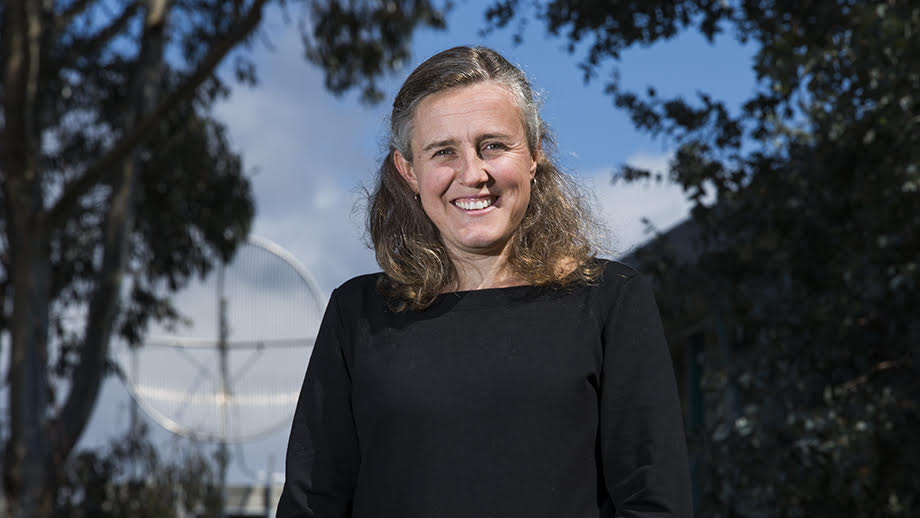
Naomi McClure-Griffiths is a Professor in the Research School of Astronomy & Astrophysics at the Australian National University (ANU). She also holds an Australian Research Council Future Fellowship. McClure-Griffiths completed her undergraduate degree in Physics at Oberlin College in 1997 and her PhD in Astrophysics at the University of Minnesota in 2001. In 2001 she moved to Sydney, Australia as a Bolton Post-doctoral fellow with CSIRO’s Australia Telescope National Facility. She held further roles at CSIRO as an OCE Science Leader and the Head of National Facility Science before moving to Canberra and the ANU in 2015. Prof McClure-Griffiths’s research team studies interstellar gas and magnetic fields of the Milky Way and nearby galaxies. She is currently a principal investigator on two of the planned sky surveys with the Australian Square Kilometre Array Pathfinder telescope (ASKAP), POSSUM and GASKAP. She is the recipient of various prizes including the 2006 Prime Minister’s Malcolm McIntosh Prize for Physical Scientist of the Year and the 2015 Pawsey medal of the Australian Academy of Science for contributions to physics. McClure-Griffiths is heavily involved in science planning for the Square Kilometre Array, is a member of the international SKA Science and Engineering Advisory Committee (SEAC) and the Australian and New Zealand SKA Co-ordinating Committee.
MERRYN MCKINNON Centre for the Public Awareness of Science
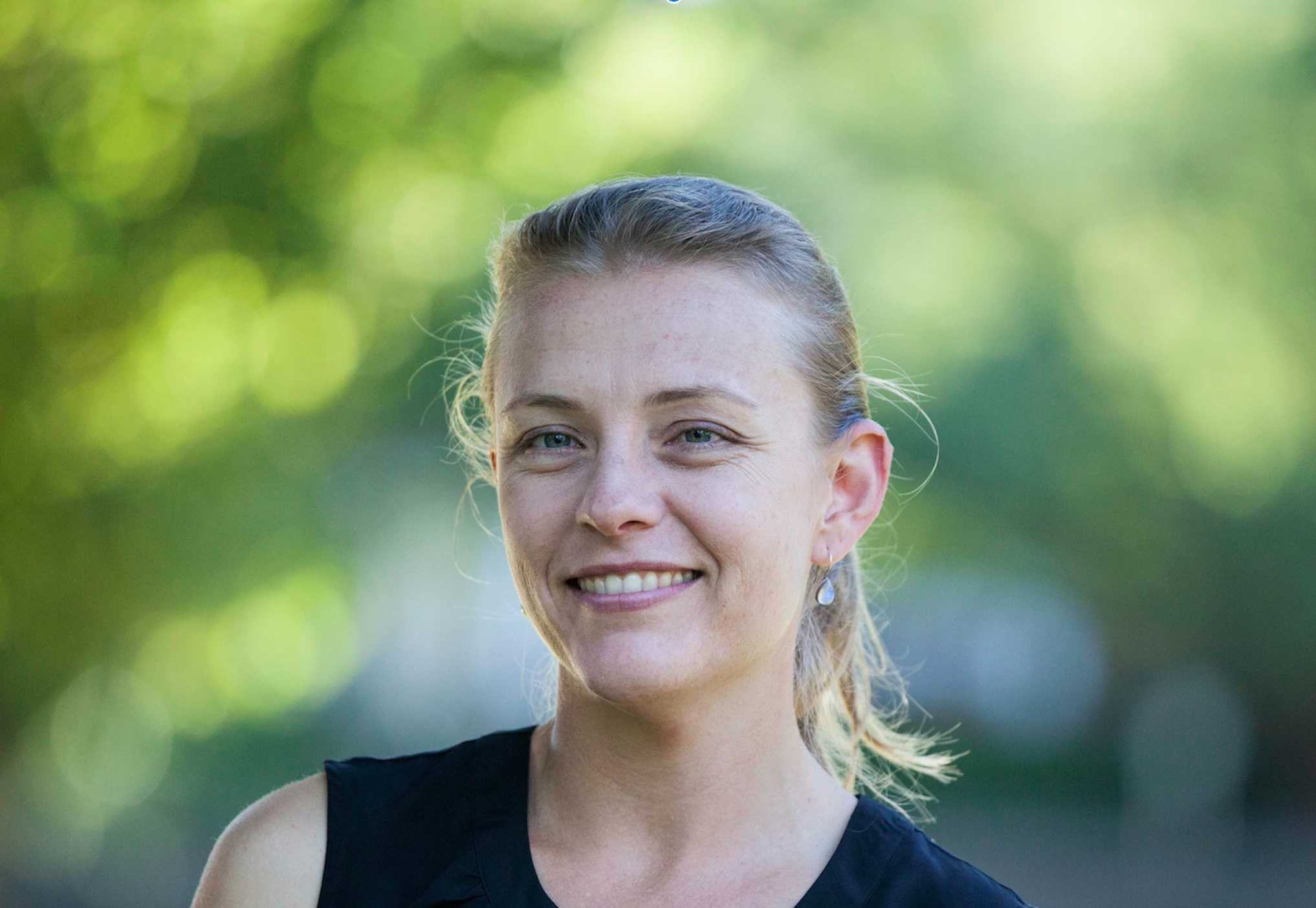
Dr Merryn McKinnon is a lecturer and researcher in science communication at the Centre for the Public Awareness of Science at the Australian National University. Her teaching and research focus on helping the scientists, public health workers and policy makers of tomorrow to communicate clearly and with influence; and identifying ways of creating meaningful public engagement. Merryn’s research explores perceptions of science, and of those communicating their science. Diversity of disciplines and ideas is important in a society, but only if they are given equal visibility and voice. Her work aims to contribute tangible mechanisms to allow that diversity to flourish. @MezMcK
Caroline McMillen Chief Scientist for South Australia
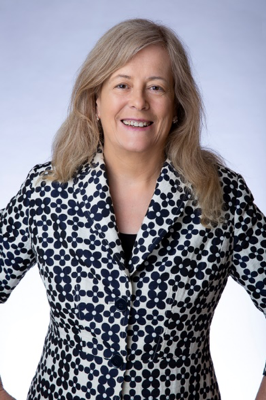
Professor Caroline McMillen commenced in the role as Chief Scientist for South Australia in October 2018 after serving as Vice-Chancellor of the University of Newcastle from 2011. She is a Fellow of the Australian Academy of Health and Medical Sciences, a Fellow of the Royal Society of New South Wales and a Bragg Member of the Royal Institution, Australia. She holds a BA(Honours) and Doctor of Philosophy from the University of Oxford, and completed her medical training graduating from the University of Cambridge. Professor McMillen’s research on how the environment in early development determines adult health has attracted national and international recognition. She has served on a range of industry boards including the National Automotive Industry Innovation Council, CRC for Advanced Automotive Technology, CRC for Rail Innovation as well as a range of national and state research, industry and government leadership groups. She is committed to building collaborations between research, government and industry to deliver economic, environmental and social impact. Professor McMillen was honoured at the end of her term as Vice-Chancellor to be presented with the Keys to the City of Newcastle in recognition of her leadership contribution to Newcastle and the region.
Tanya Monro Department of Defence
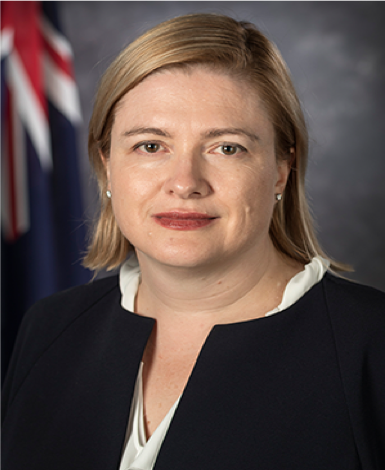
Professor Tanya Monro, FAA FTSE FOSA FAIP, commenced as Chief Defence Scientist in March 2019.
Professor Monro was previously Deputy Vice Chancellor Research and Innovation and an ARC Georgina Sweet Laureate Fellow at the University of South Australia.
Professor Monro was the inaugural Director of the Institute for Photonics and Advanced Sensing (IPAS) from 2008 to 2014 and was also the inaugural Director for the ARC Centre of Excellence for Nanoscale Bio Photonics (CNBP) at the University of Adelaide. Her research is in the field of photonics, with a focus on sensing, lasers and new classes of optical fibres.
Professor Monro obtained her PhD in physics in 1998 from The University of Sydney, for which she was awarded the Bragg Gold Medal for the best Physics PhD in Australia. In 2000, she received a Royal Society University Research Fellowship at the Optoelectronics Research Centre at the University of Southampton in the UK, and is also an inaugural Bragg Fellow of the Royal Institution of Australia (RiAus).
Prof Monro is a Fellow of the Australian Academy of Science (AAS), the Australian Academy of Technological Sciences and Engineering (ATSE), the Optical Society of America (OSA) and the Australian Institute of Physics (AIP). She is member of the Board of the Commonwealth Science and Industrial Research Organisation (CSIRO) and the South Australian Economic Advisory Council.
Her awards include: the Prime Minister’s Malcolm McIntosh Prize for Physical Scientist of the Year (2008), South Australian Scientist of the Year (2010), South Australia’s Australian of the Year (2011), and the Eureka Prize for Excellence in Interdisciplinary Scientific Research (2015) and she is the 2019 SA winner of the Australian Award for Excellence in Women’s Leadership.
Megan O’Mara Australian National University
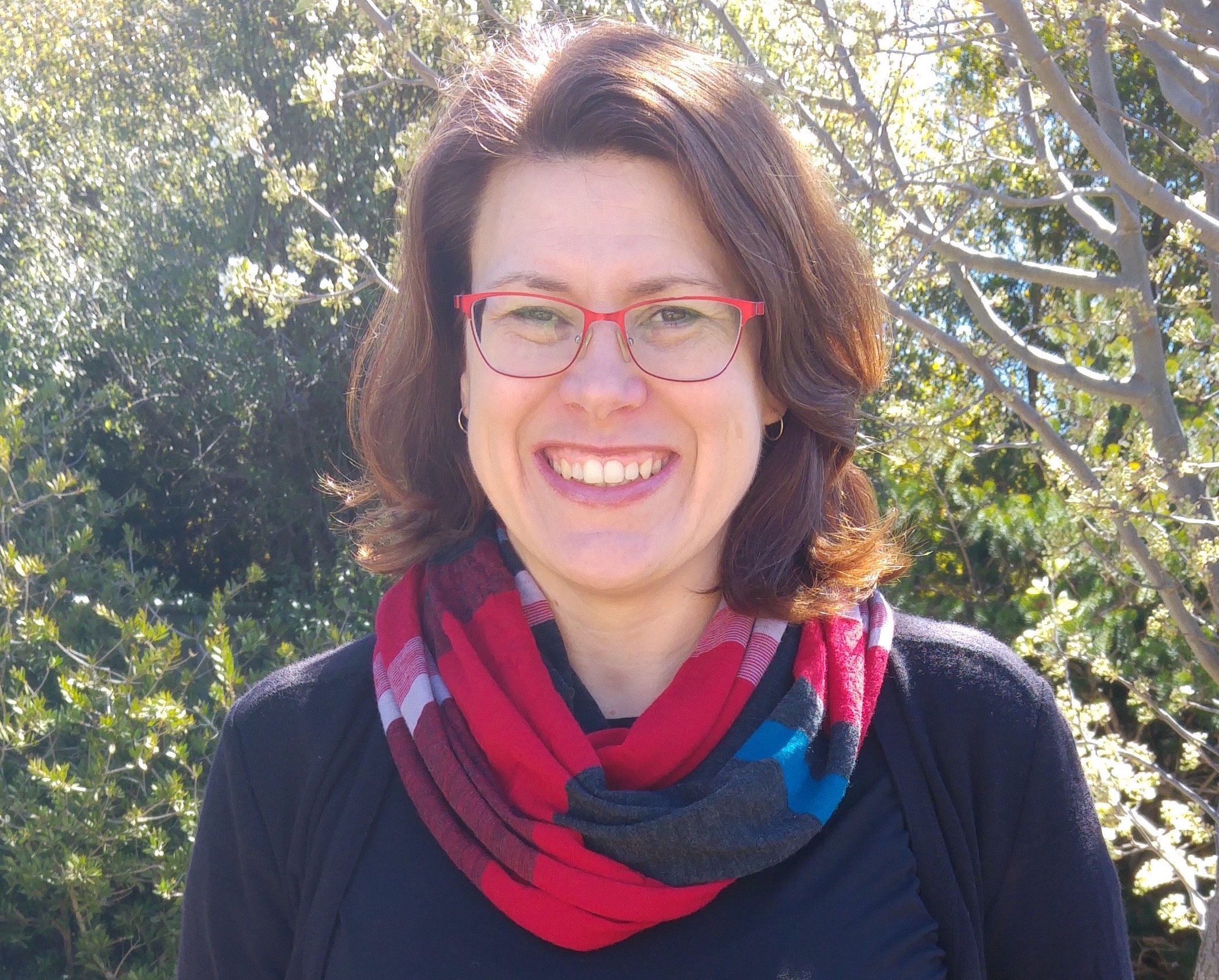
A/Prof Megan O’Mara is a computational chemist and the Rita Cornforth Fellow at the Research School of Chemistry, ANU. She was awarded her PhD from ANU in 2005 before moving to the University of Calgary as a Canadian Institutes of Health Science Postdoctoral Fellow. In 2009, she returned to Australia on a University of Queensland Postdoctoral Fellowship. She was awarded an ARC DECRA in 2012 and relocated to ANU in 2015. Her research interests include membrane protein structural dynamics, protein/ligand interactions, the effect of lipid composition on membrane function, and developing modelling strategies for polymer systems and metalloproteins. @megan_omara_ANU
Elena Ostrovskaya FLEET
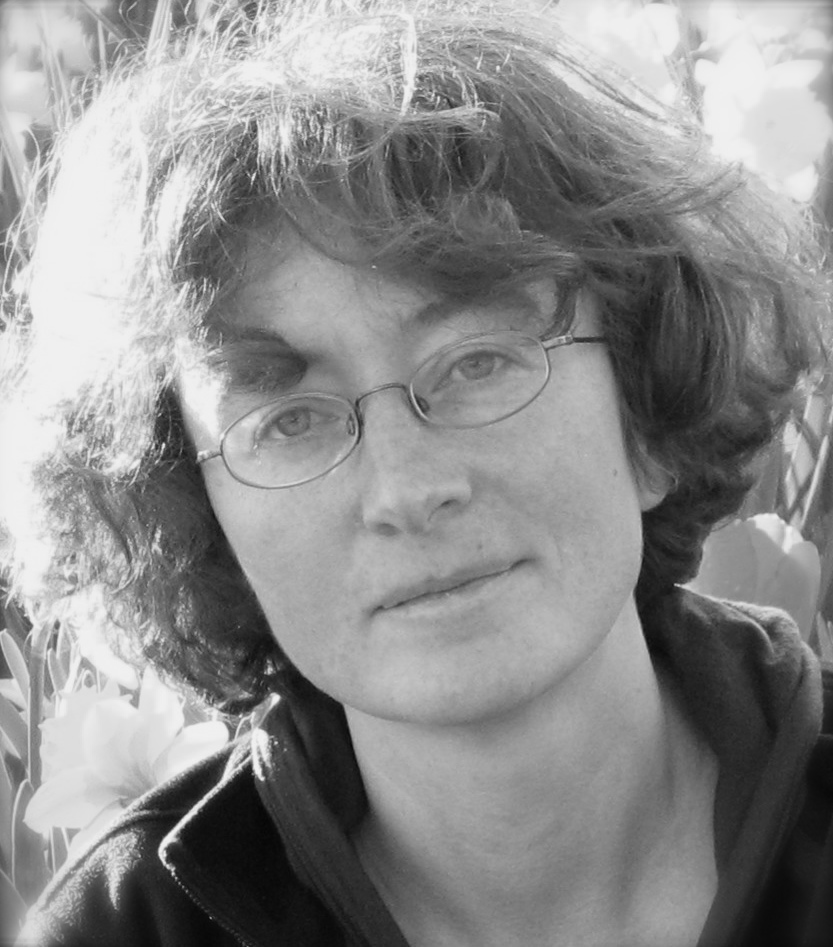
Dr. Elena Ostrovskaya has obtained MSc degree from the Moscow State University and PhD in Physics from the Australian National University. She is currently an Associate Professor at the Research School of Physics, ANU, and leads the ANU node of the ARC Centre of Excellence in Future Low-Energy Electronics Technologies.
Pierre Portal Australian National University
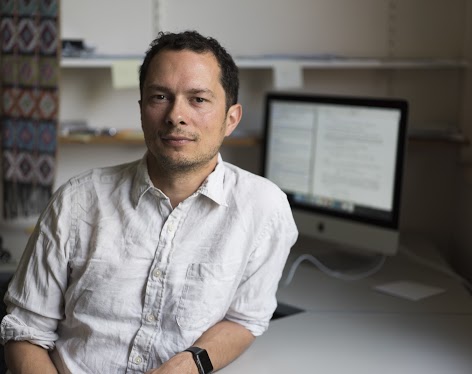
I work in Fourier analysis, the mathematical theory behind much digital media technology. This theory provides a model for signals (e.g. sounds, images) that allows us to encode the relevant information on a computer in an efficient way. In its classical form, Fourier analysis is well suited to analysing sound, and, to some extent, images. But signals can be more complex, as they can include electromagnetic measurements (as in medical or geophysical imaging), biological or economic data. Traditional Fourier analysis is not a very effective tool in handling such signals. This is why I am working to expand this theory, adapting it to signals of a more complex nature and, in particular, signals with a random component. By doing so, I aim to bring the mathematical tools that make digital media technology so efficient to a range of other fields.
ASHA RAO RMIT University
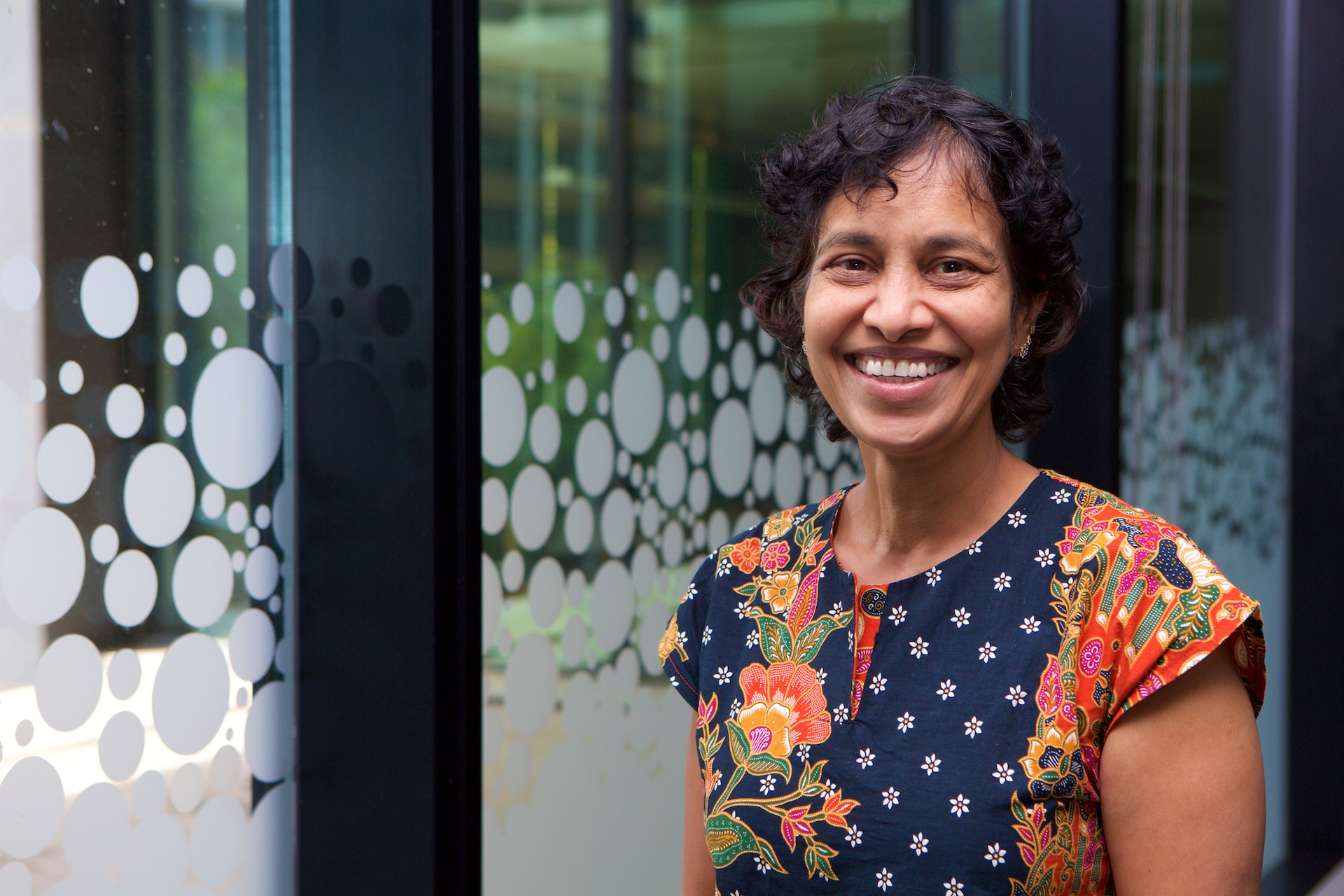
Professor Asha Rao is a mathematician and a 2019-2020 Superstars of STEM. She is an algebraist by training and applies algebraic techniques to a wide variety of problems, ranging from designing better codes for communication, to detecting money laundering and describing human interactions in the physical space, leading to traditional outputs such as grants and publications. Some non-traditional outputs of her research work include invitations to closed and open meetings on cybersecurity as well as to observe United Nations intergovernmental meetings on cybercrime. As a cybersecurity expert, she appears regularly on audio visual and print media and has won RMIT Media star awards. Currently the Associate Dean of Mathematical Sciences at RMIT, she has undertaken Leadership roles both within RMIT and outside. She is passionate about mathematics and gender issues that stymie the progress of women and girls in STEM careers. As the founding chair of the Women in Maths, she put in place a number of initiatives to improve gender equity within the mathematical sciences in Australia. @AshaRaoRMIT
Rob Rigby Australian National University
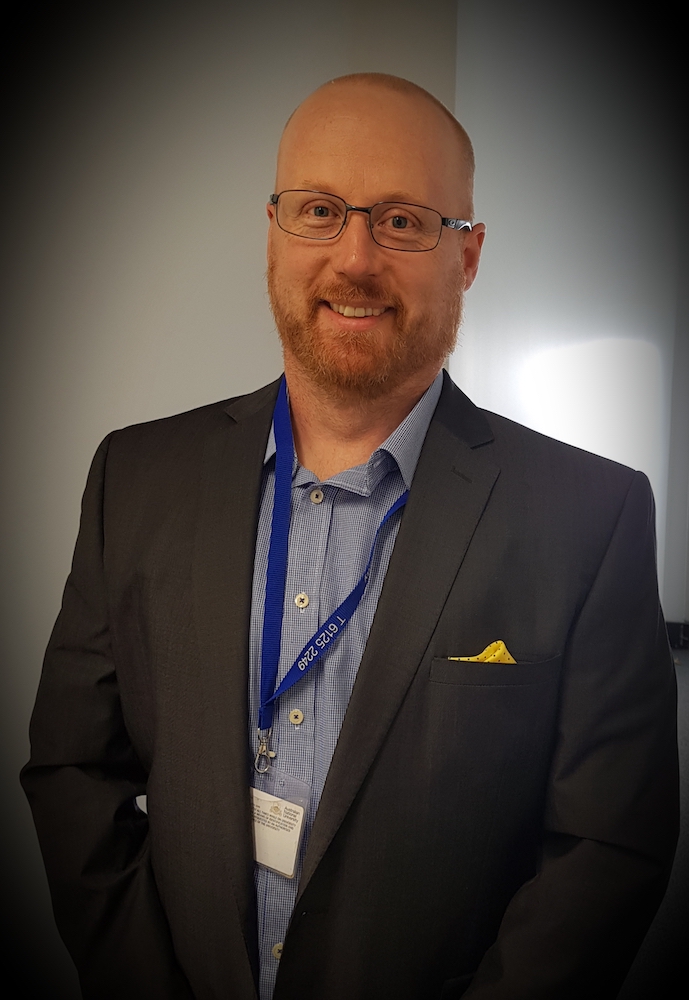
Following a PhD at Imperial College in London I commenced a post-doc at ANU with every intention to become a Professor and run my own research group. Four years later I left the world of academic research and joined the Australian Public Service, working in a number of roles, mostly related to health and medical research. In June 2018 I re-joined ANU in a management role, where I am the Associate Director, Research Operations in the Research Services Division. I am particularly interested in helping people navigate the journey from academia to non-academic roles, whether in the university sector, public service or beyond. I spend my free time running around after my three year old son, going to the gym and growing prize-winning tomatoes!
Kate Smith-Miles The University of Melbourne
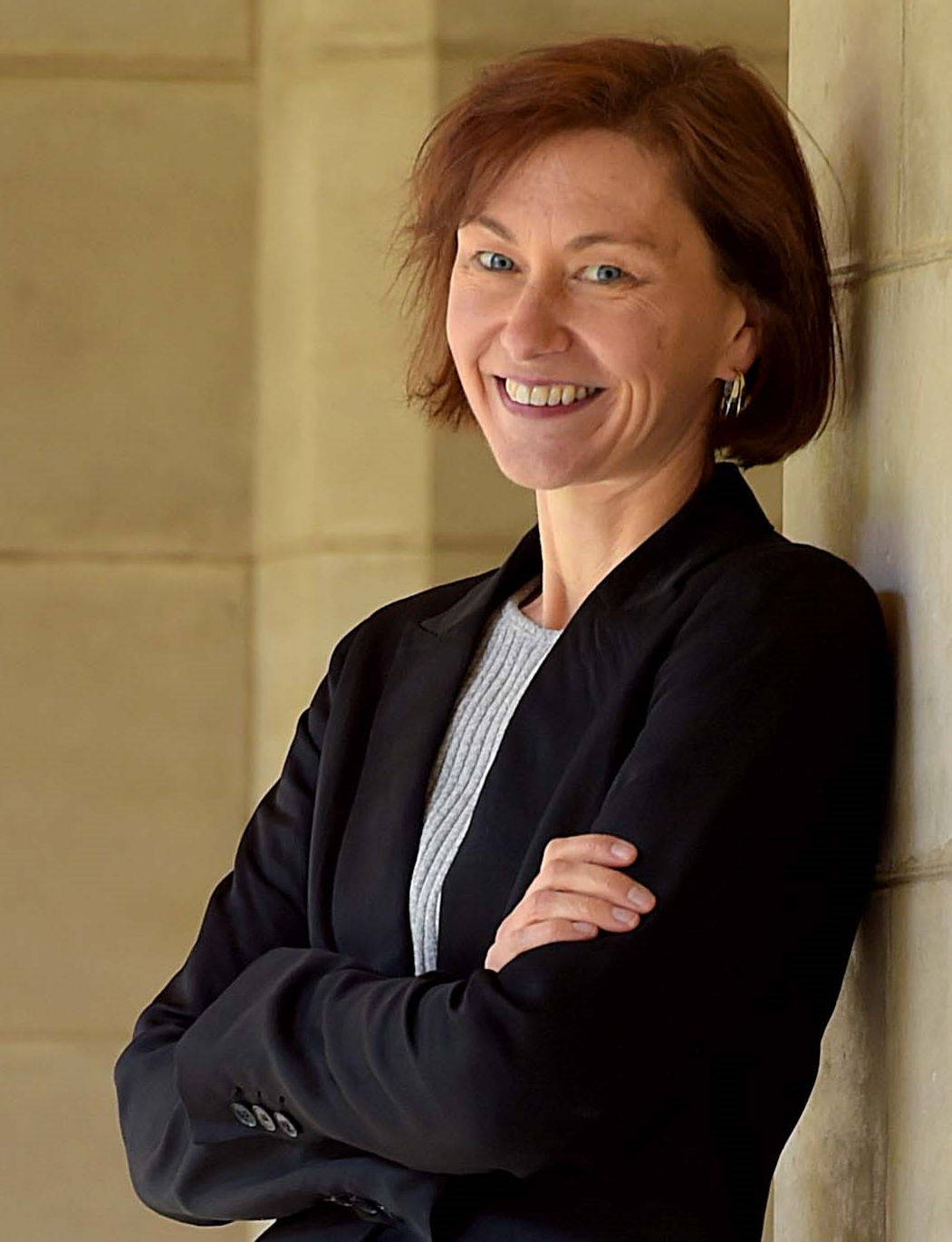
Kate Smith-Miles holds an Australian Laureate Fellowship (2014-2019) from the Australian Research Council, and is a Professor of Applied Mathematics at The University of Melbourne. She has held leadership roles including Head of the School of Mathematical Sciences at Monash (2009-2014), Head of the School of Engineering and IT at Deakin (2006-2009), and she was the inaugural Director of MAXIMA (Monash Academy for Cross and Interdisciplinary Mathematical Applications) from 2014-2017. She is currently Associate Dean (Industry and Enterprise) in the Faculty of Science at The University of Melbourne. Having held Professorship in three disciplines (mathematics, engineering and IT) and engaged in numerous collaborations with industry and researchers from other disciplines, she has a broad interdisciplinary focus, and a passion for pursuing research with societal impact. Kate has published over 250 refereed journal and international conference papers in the areas of neural networks, optimisation, machine learning, and various applied mathematics topics. In 2010 she was awarded the Australian Mathematical Society (AustMS) Medal for distinguished research, and in 2017 she was awarded ANZIAM’s E. O. Tuck Medal for outstanding research and distinguished service in applied mathematics. Kate is a Fellow of the Institute of Engineers Australia and a Fellow of the Australian Mathematical Society (AustMS). She is the Immediate Past-President of the AustMS, and a member of the ARC College of Experts from 2017-2019. She also regularly acts as a consultant to industry in the areas of optimisation, data mining, intelligent systems, and mathematical modelling. As Chair of the Advisory Board for the Australian Mathematical Sciences Institute’s CHOOSEMATHS program, she is also a committed advocate for encouraging greater female participation in mathematics.
Martina Stenzel University of NSW
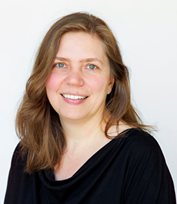
Martina Stenzel studied chemistry at the University of Bayreuth, Germany, before completing her PhD in 1999 at the Institute of Applied Macromolecular Chemistry, University of Stuttgart, Germany. She started as a postdoctoral fellow at UNSW in 1999 and is now a full Professor in the school of chemistry as well as co-director of the Centre for Advanced Macromolecular Design (CAMD).
Her research interest is focused on the synthesis of functional nanoparticles for drug delivery applications. Martina Stenzel published more than 300 peer reviewed papers mainly on polymer and nanoparticle design.
She is scientific editor of Materials Horizons and serves currently on a range of editorial boards. She received a range of awards including the 2011 Le Fèvre Memorial Prize of the Australian Academy of Science. Martina is a fellow of the Australian Academy of Science and currently the chair of the National Chemistry Committee of the Academy
Palli Thordarson University of NSW
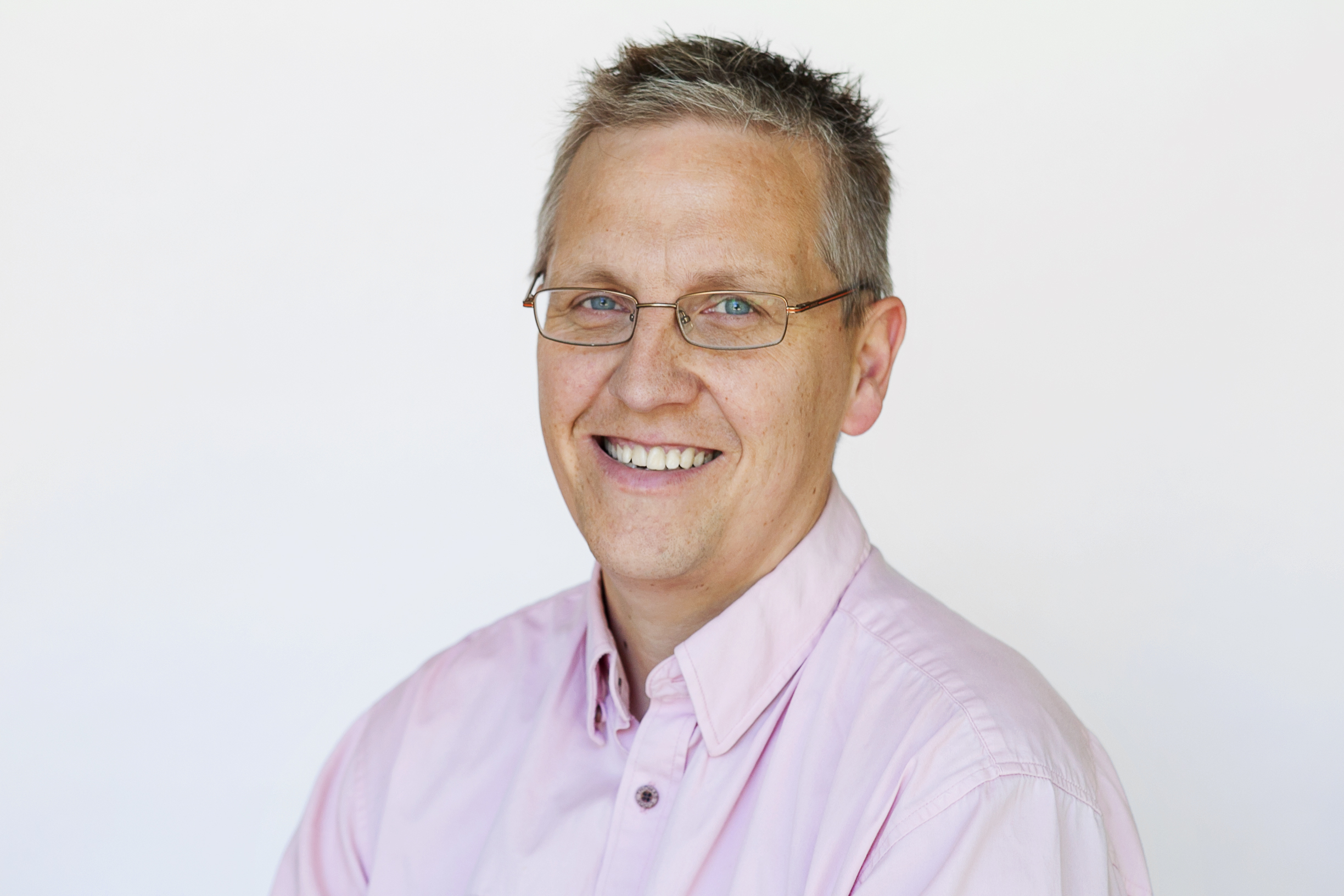
Prof. Pall Thordarson (Palli) obtained his BSc. from the University of Iceland in 1996 and a PhD in Organic Chemistry from The University of Sydney in 2001. Following a Marie Curie Fellowship in the Netherlands he returned to Australia in 2003 and was then appointed at UNSW Sydney in 2007 as a Senior Lecturer. He was awarded an ARC Future Fellowship in 2012 and promoted to Full Professor in 2017. He is currently the Deputy Head of School of Chemistry and a Chief Investigator on the ARC Centre of Excellence in Convergent Bio-Nano Science and Technology (CBNS). With over 100 publications, including in prestigious journals such as Nature and Nature Nanotechnology, his research interest range from Nanomedicine and Light-harvesting Materials to Supramolecular and Systems Chemistry. He has received a number of awards including the 2012 Le Fèvre Memorial Prize from the Australian Academy of Science for outstanding basic research in Chemistry by a Scientist under the age of 40. He served on the ARC College of Experts from 2016 to 2019. @PalliThordarson
Liz Visher Australian Research Council
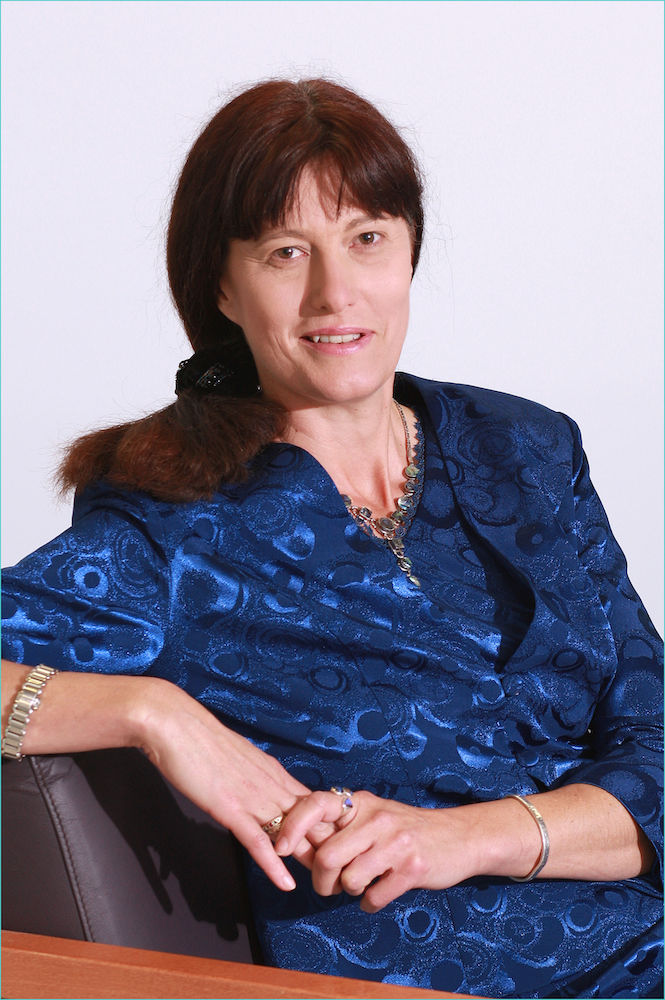
Liz has been employed for 34 years in the Commonwealth Public Service, managing research grants programs across a range of Government portfolios. Her current role is Director of ARC Major Investments including ARC Centres of Excellence, Industrial Transformation Research Program and Special Research Initiatives. She has extensive experience in engaging with the Australian research sector across a wide range of disciplines, and has particular interests in excellence in research leadership, training and capacity building, and evaluation and impact.
Kirsten Vo-Phuoc Aginic

Landed upon data analytics via nuclear physics PhD via pure maths. Lover of learning and getting stuck into either a problem, a book or a hike that didn’t go to plan. I am interested in drawing meaning from data and communicating this through engaging visualisations. Doing this with Aginic’s super dynamic team makes it even better!
